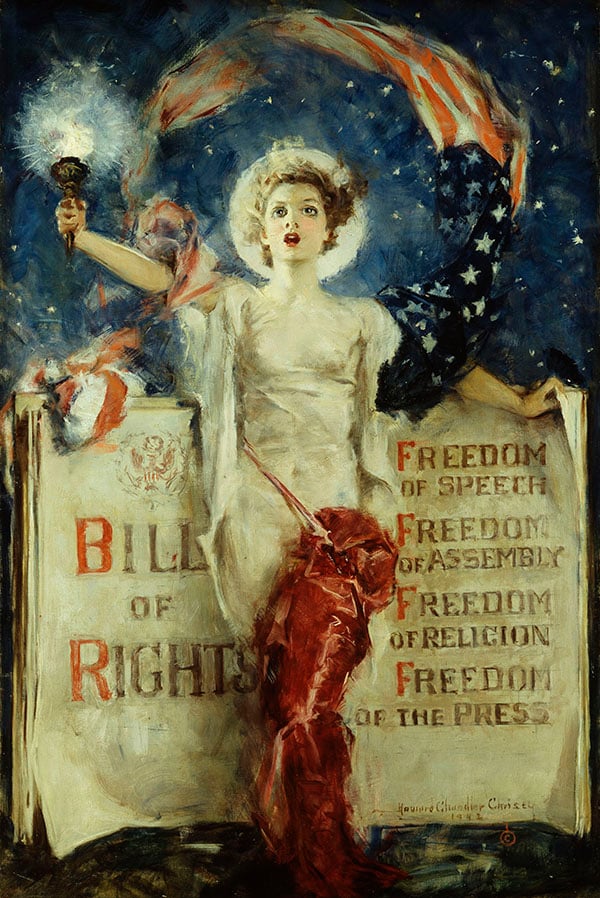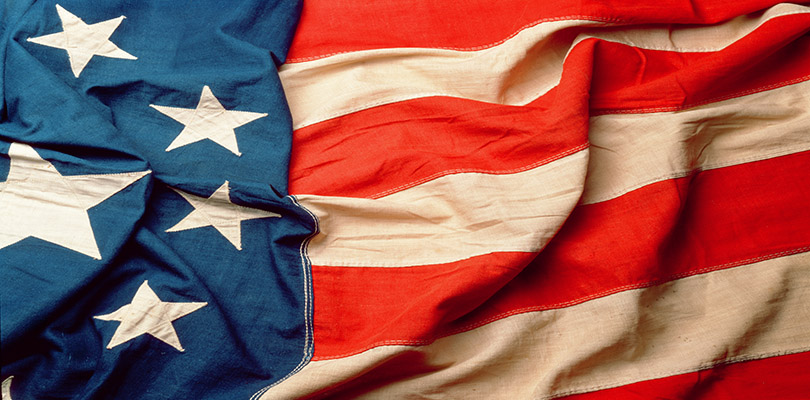
The American Constitution’s 230th Birthday
“We the People of the United States, in Order to form a more perfect Union, establish Justice, insure domestic Tranquility, provide for the common defense, promote the general Welfare, and secure the Blessings of Liberty to ourselves and our Posterity, do ordain and establish this Constitution for the United Stated of America.” – the United States Constitution
September 17th of this year commemorates the 230th anniversary of the signing of the Constitution of the United States of America. All across the country, citizens take part in remembering the birth of their government.
In 1787, only four years after the American Revolution had ended in 1783, newly American men gathered at the Philadelphia Convention (now known as the Constitutional Convention) and signed the document that to this day recognizes all those born in the United States of America, as well as those who took part in the naturalization process are legal citizens of the country.
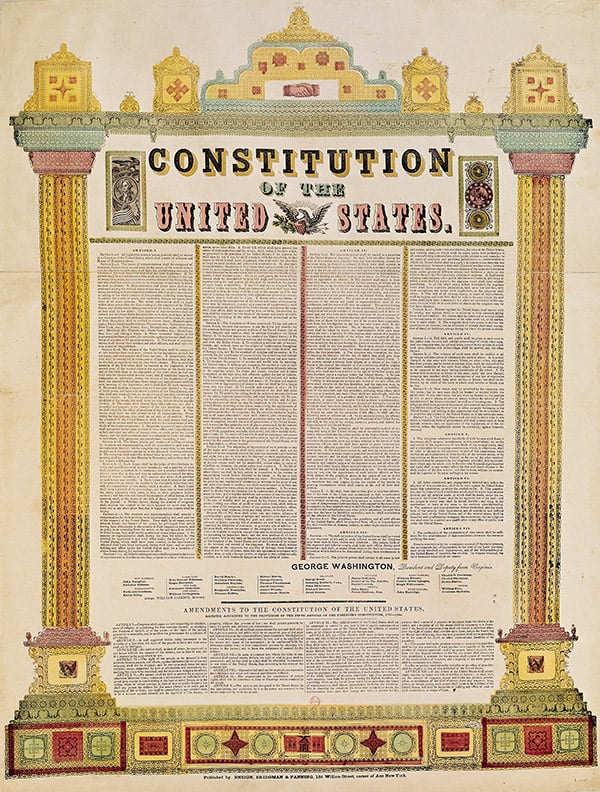
The Constitution of the United States of America (coloured engraving) by American School, (18th century); Bibliotheque Nationale, Paris, France
Considered the supreme law of the country, the United States Constitution established the building blocks of the American government we know today. Specifically, the Constitution established the separation of power, dividing the federal government into three branches:
- Legislative Branch: the United States Congress (the Senate & the House of Representatives) – responsible for creating the laws of the country
- Executive Branch: the President of the United States – responsible for enforcing laws created by the legislative branch
- Judicial Branch: the Supreme Court and other federal courts – responsible for interpreting laws passed by the legislative branch
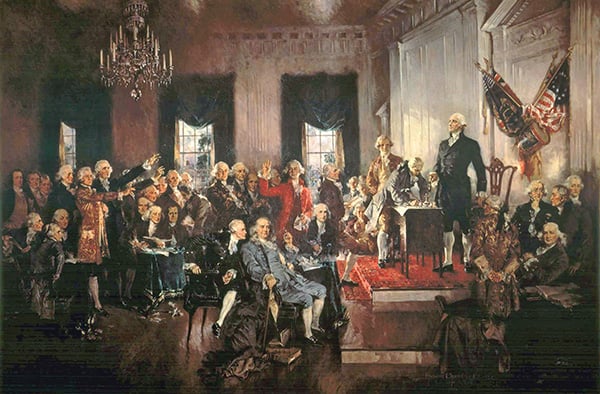
The Signing of the Constitution of the United States in 1787, 1940 (oil on canvas) by Howard Chandler Christy (1873-1952); Hall of Representatives, Washington D.C., USA
While a total of fifty-seven men from twelve of the first thirteen ratified states attended the Constitutional Convention, only thirty-nine signed the Constitution. The only state that did not send any delegates to the Convention was the state of Rhode Island, for it had boycotted the Convention due to a concern that the Constitution would create a government with too much power (which is exactly what caused the now-Americans to revolt against the British in the beginning). However, Rhode Island did become the thirteenth state to ratify the constitution one year later due to the inclusion of the Bill of Rights, which is the first ten amendments to the Constitution.
Many familiar faces appeared at the Constitution Convention, as well as signed the document, including two of the country’s Founding Fathers Benjamin Franklin and Alexander Hamilton (who is considered one of the most influential supporters of the Constitution). George Washington was also present during the Convention, though he was not planning on attending the convention and had to be persuaded to take part. It was during that four-month convention that George Washington was voted unanimously the first president of the United States on April 30th.
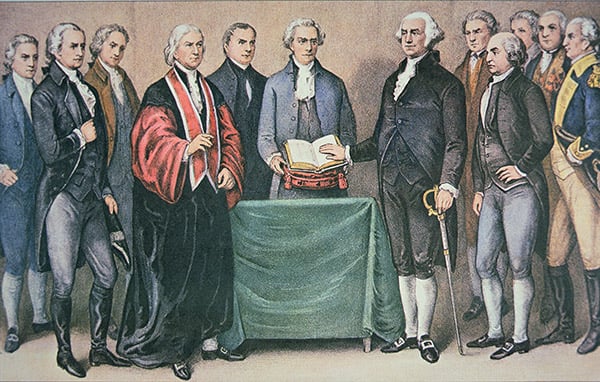
The Inauguration of President George Washington (1732-99) 30 April, 1789 at the Old City Hall, New York, NY, published 1876 / Peter Newark American Pictures
Constitution Day is an important holiday for the United States. It not only recognizes an important moment for this once newly formed country, but also symbolizes the beginning of one nation’s history born out of revolution and change.

